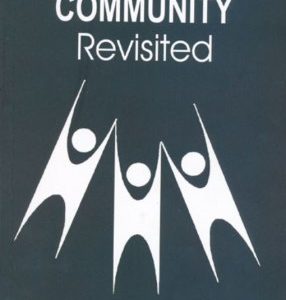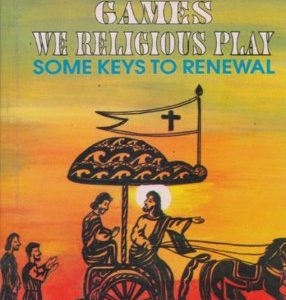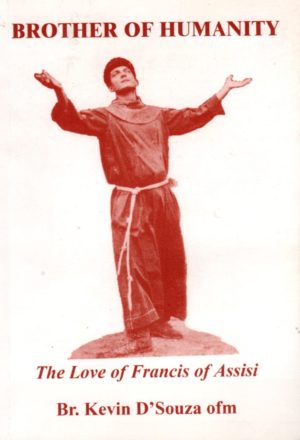Description
Let us know the Author Dr. Felix Podimattam OFM Cap.
Dr. Felix Podimattam is one of the best known Indian authors in the field of ethics and morality. He holds a Master’s degree in Political Science from the University of Mysore, a Licentiate degree in theology from Pontifical Gregorian University, Rome and a Doctoral degree in Moral Theology from the Alphonsian Academy, Rome. His doctoral thesis ‘The Relativity of Natural Law’ is acclaimed as exceptionally excellent. The thesis was guided by the eminent Moral Theologian, Bernard Haering, who influenced the renewal of Moral teachings of the Church during and after the Vatican II. Dr. Podimattam is resident professor at St. Francis Theological College, Kottayam and has been the founding member and first president of the Indian Moral Theologians Association. Most of his books, numbering over 120, are published by Media House, Delhi.
Having gone through most of his books, let me highlight the most significant characteristics of his writings. First of all, he engages in a creative dialogue with other authors on every topic of discussion. Second, he tries to compare and integrate, as far as possible, the visions and views of other religions. Third, he holds a very positive attitude to life in general, especially to human body, sexuality, etc. Fourth, he is a keen observer of the socio-political and religious happenings in the society and responds to them immediately. His book on ‘Fast unto death’ during the upheaval of fisher people’s struggle in the eighties and his book on ‘Da Vinci Code’ a few years ago, where he gives a theological response to journalism with half-truths, are worth mentioning here. Fifth, he has taken keen interest on equal rights and dignity to women in the Church as well as in the society. In the context of widespread discrimination against women in the Church and society he published a six-volume work titled: ‘In praise of the woman’. Sixth, he holds on to the sacredness of life in all its forms and he has published books on topics like abortion, euthanasia, etc. Seventh, we find in his writings a harmonious blending of the traditional wisdom with its emphasis on fundamental Christian values as well as the findings of modern sciences like psychology, sociology, anthropology, etc, as well as the latest fruits of biblical exegesis.
CONTENTS
INTRODUCTION
PRELIMINARY CONSIDERATIONS
1.1. Varieties of Single Life
1.2. Advantages of Single Life
1.3. Misunderstandings regarding Single Life
2.SINGLE LIFE AS A VOCATION.
3. SINGLE LIFE AS A CALL TO HOLINESS
4. SINGLE LIFE AND FRIENDSHIP
4.1. Loneliness and the Single Life
5. SINGLE LIFE AND SEXUALITY
5.1. Singles Are Sexual Persons
5.2. Different Grades of Sexual Actuation
5.3. No Total Genital Sexuality in Single Life
5.4.1. Intimacy as the Culmination of Love
5.4.2. Legitimate Need for Touch
5.4.3. Theology of Non-Marital Sexual Pleasure
54.3.1. Sex as a positive gift
5.4.3.2. Meaning of the sixth commandment
5.4.3.3. Essence of Chastity
5.4.3.4. Non-Marital Sexual Pleasure Need
5.4.3.5. Moral Aspects of Sexual Pleasure
5.4.3.6. Experience of Celibates
5.4.3.7. Opinion of theologians
5.4.3.8. Opinion of the churches
5.4.3.9. Data of scripture.
5.4.3.10. Mind of christ.
5.4.3.11. Personal testimony
5.5. Under the Shadow of Sin
5.6. Answer to Objections
6.SINGLE LIFE AND ACTIVITY
6.1. Single Life and Work
6.1.1. Theology of Work in the Life of Singles
6.1.3. Creative Use of Leisure
6.2. Single Life and Service
6.2.1. Clearing of Misconceptions
6.2.2. Necessary Background Attitudes.
6.2.3. Avenues of Service
7.PASTORAL CONSIDERATIONS
7.1. What Singles Themselves Can Do
7.2. What the Church Can Do
7.3. Child Adoption
CONCLUSION




Reviews
There are no reviews yet.